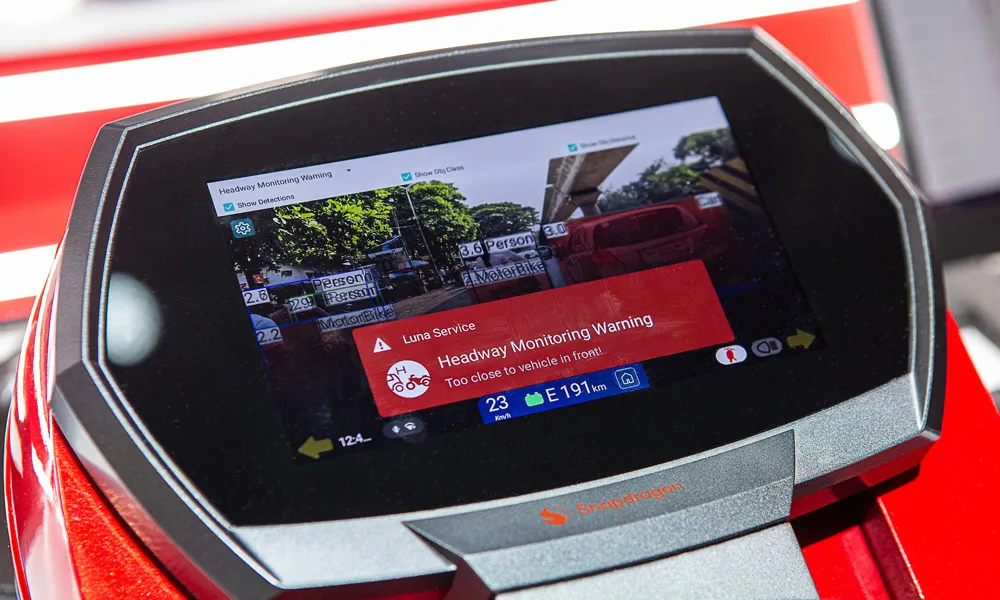
Flow Labs has been selected by the Eastern Transportation Coalition in the US to join its Traffic Data Marketplace (TDM) via Geotab ITS's ancillary products.
Flow Labs said that the marketplace is a vital resource for public agencies, offering simple access to high-quality traffic data and analytics. The firm said it can now offer its technology at discounted pricing with a simple procurement process. Agencies across the eastern US seaboard can now quickly adopt solutions to optimise traffic management and deliver immediate results.
The company’s AI-powered platform analyses predict and optimise traffic flows across an entire city in seconds. Flow Labs says it achieves highway agency goals by using data from connected vehicles and traffic networks, with no need for expensive hardware or infrastructure modifications.
Flow Labs’ digital twin platform integrates signal, detection and connected vehicle data into a unified traffic management platform that generates the most accurate transportation data available. The platform supports analytics, monitoring and optimisation to improve traffic flow, safety and environmental outcomes without costly infrastructure upgrades.
Agencies including the Florida and Virginia DoTs are already using Flow Labs’ platform.
“This partnership allows public agencies to procure our solutions effortlessly and start improving roadway safety and efficiency right away,” said Jatish Patel, chief executive of Flow Labs. “It’s a significant step in making transportation data more accessible and impactful. Through the TDM, agencies can quickly access accurate, comprehensive data and jump-start pilot programs to impact roadway performance.”
The Eastern Transportation Coalition is a partnership of 18 states and Washington, DC. It represents 40% of the US population and GDP. As a collaborative membership-based organisation, the coalition brings transportation agencies together from across the eastern US to improve the region’s mobility through enhanced safety and reliability. The coalition’s work covers transportation systems management, operations and freight movements.










